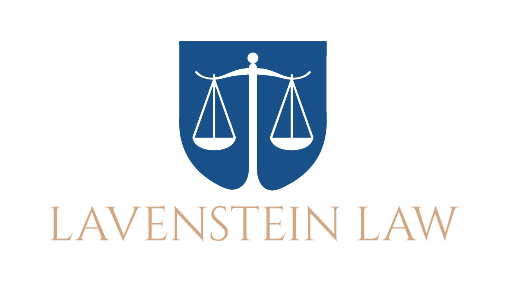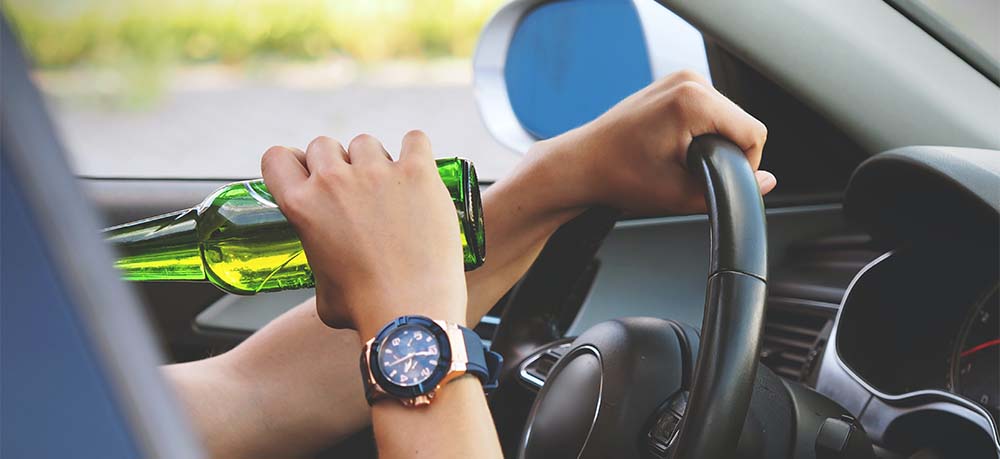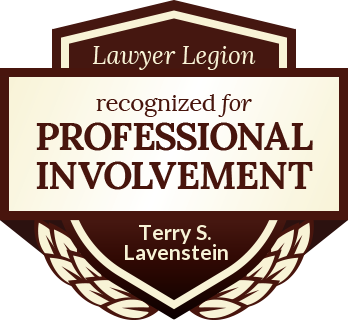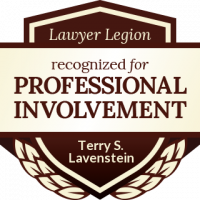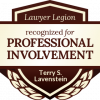By: Rachel Mencel
[ad_1]
During the summer months, construction zones can make traveling by car a hassle. Not only do construction zones increase your travel time as you have to slow down to pass through them, but it can also create traffic jams in typically un-congested areas.
Despite how inconvenient it may be, traffic construction is necessary to keep the motorways in adequate condition. Although it may be frustrating to travel through construction zones, it is important to follow the traffic laws as it protects other motorists and the construction workers as well.
Distracted Driving Laws
Distracted driving laws vary from state to state, and when traveling through multiple states, it’s important to know and understand the laws in the surrounding states.
One of the biggest distracted driving culprits is cell phone use. In many states, cell phone use is illegal when driving. Even if a state may not prohibit cell phone use in normal areas, construction zones usually have additional restrictions on phone usage to reduce the likelihood of distracted driving.
Construction Zone Tickets
There are multiple types of tickets that you can receive in construction zones, and the most common ticket is a speeding ticket. With the reduction of speed limits for extended lengths of the road – and some areas that are poorly marked – it becomes difficult for you to know where a construction zone begins or ends.
There are two main types of speed limit reductions in construction zones. The first is an actual, photo-enforced speed limit, work zone reduction. This is a newer development that has made its way into the work zones as states have updated their laws to use speed cameras and radar guns to catch speeding motorists. This speed reduction is enforced throughout the entirety of the area, even if workers are not present.
The second type of speed limit reduction is a stated limit that applies only when workers are present. There are usually flashing lights or indicators on the speed limit signs that indicate when workers are present, which helps drivers know when to abide by the speed limit. These limits could also be photo enforced, but it is more common that a police officer is there to ensure that motorists follow the speed limit.
Handling a Ticket
If you have received a ticket in a working area, you will be subjected to a higher fine and steeper punishment. You will also most likely have to appear in court and could receive a large penalty for endangering motorists and workers.
Dealing with these types of ticket can be very difficult, and it is best to find someone who regularly handles these situations. Find a lawyer who knows and understands the specific traffic laws for your area, and let them work on your behalf.
[ad_2]
Source
